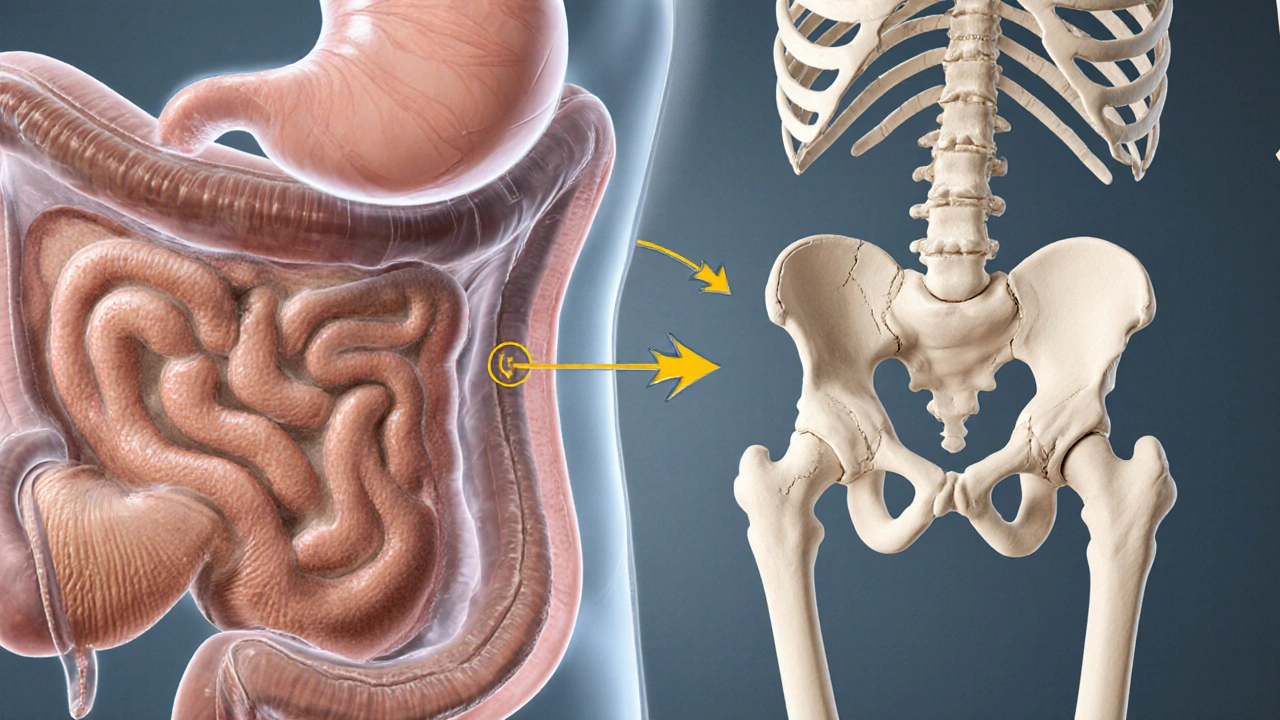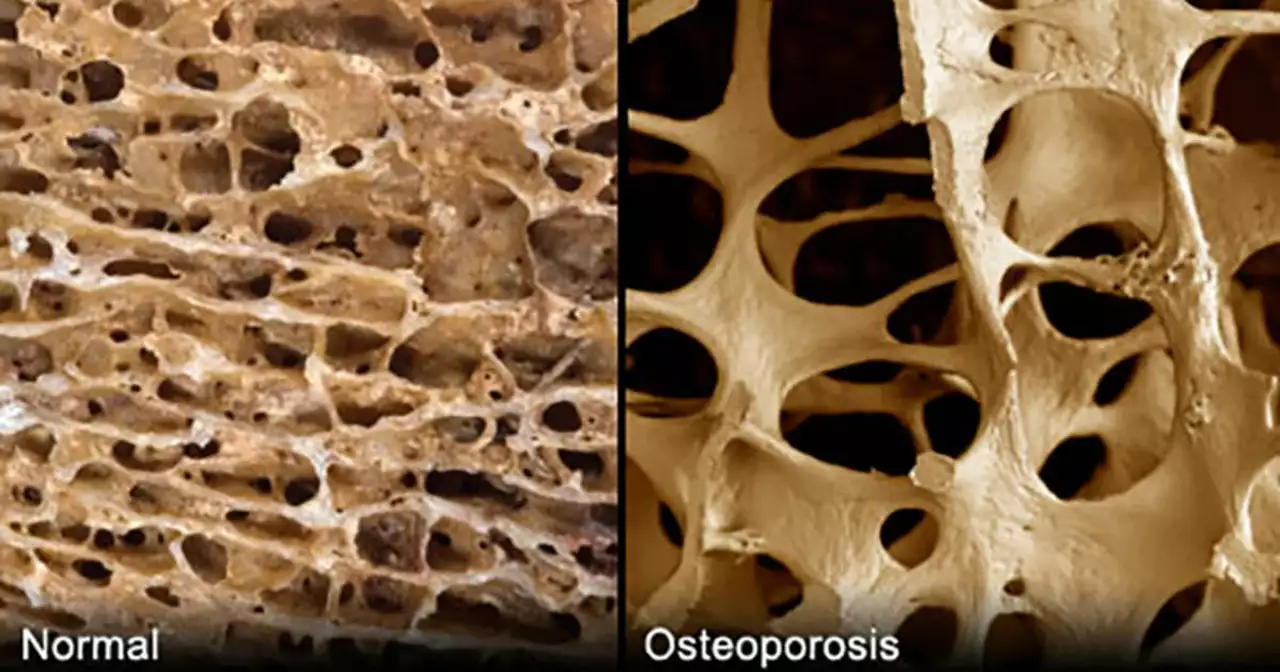Bone Health: Easy Steps to Stronger Bones
Bone health isn't just for older people. Your bones are alive — they rebuild and weaken based on what you eat, how you move, and the medicines you take. Small habits add up. Below are clear, practical steps to keep bones strong and reduce your chance of fractures.
Practical daily steps you can use now
Start with food and sun. Aim for about 1,000–1,200 mg of calcium daily from dairy, fortified plant milk, leafy greens, or canned salmon. Add vitamin D — 800–2,000 IU a day is common, but check with your doctor for the right dose. Vitamin D helps your body absorb calcium.
Move your body. Do at least 30 minutes of weight-bearing activity most days: brisk walking, stair climbing, or dancing. Add resistance work (bands, weights, bodyweight squats) two times a week to build bone and muscle. Strong muscles protect bones by improving balance and preventing falls.
Cut habits that hurt bones. Smoking speeds bone loss. Drinking too much alcohol weakens bone repair — keep it low. If you use medication regularly (like steroids or some seizure drugs), ask your doctor how they affect your bones.
Make your home safer. Reduce fall risk by clearing rugs, installing grab bars in bathrooms, improving lighting, and wearing sturdy shoes. Good vision and hearing checks help you avoid stumbles.
When to check and when medicine helps
Ask about a bone density scan (DEXA) if you’re a woman 65 or older, a man 70 or older, or if you have risk factors: prior fracture, long steroid use, low body weight, or certain medical conditions. A DEXA gives a clear idea of fracture risk and guides treatment.
If bone loss is found, doctors may recommend medications that slow bone breakdown or build bone. There are also safe pain and anti-inflammatory options for joint pain — learn how they compare and what might suit you. Before starting supplements or pain meds, check interactions with your other drugs.
Want more reading? Our related posts cover pain meds, natural options, and safer choices for joint and bone issues:
- Arcoxia Uses, Benefits, Side Effects, and Tips — NSAID info for arthritis pain.
- Diclofenac Alternatives: 7 Options — other pain choices if diclofenac isn't right for you.
- Acetaminophen and Chronic Pain — when acetaminophen fits long-term pain care.
- DMSO Benefits and Uses — topical options and safety notes.
- Discovering Willow Bark — a natural option people try for pain relief.
Small, consistent steps beat big one-time fixes. Eat better, move more, reduce risks at home, and ask your doctor about tests if you have worries. Strong bones make daily life safer and more active — and that's worth it.


